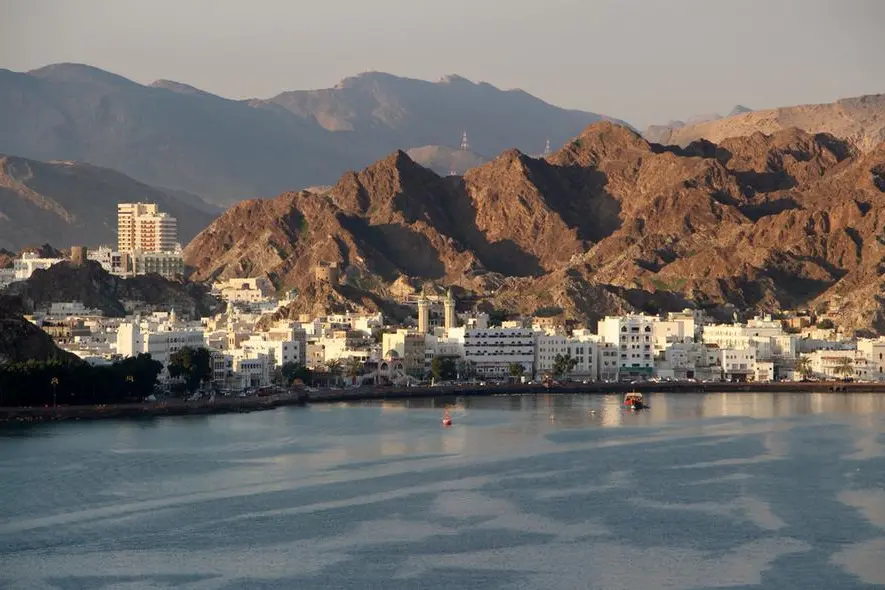PHOTO
MUSCAT: The Sultanate of Oman is positioning itself as a key player in the global energy transition, as well as the decarbonisation of the maritime sector, according to a senior official.
Speaking during the first edition of the Oman Maritime, Ports and Energy Forum held here on Tuesday, April 29, 2025, Muhanna Moosa Baqer, Director General of Ports and Marine Affairs at the Ministry of Transport, Communication and Information Technology, said: “The world is on the cusp of a profound energy revolution, and Oman is intent on realizing its potential to catalyze the changes required.”
According to Baqer, the maritime logistics sector plays a dual role in both facilitating and driving the energy transition.
“Shipping and ports are both the drivers and facilitators of the energy transition across the globe. Shipping will increasingly transport cargo such as LNG, hydrogen, ammonia, and CO2 to all corners of the world, and the industry is a lynchpin in the development of this new and exciting global supply chain infrastructure,” he said.
In addition to transporting new energy resources, the sector will also become a consumer of alternative low and zero carbon marine fuels, said Baqer.
“As well as transporting new energy sources, shipping will be consumers of this energy, using alternative low and zero-carbon marine fuels to propel the global merchant fleet.
Additionally, he shared that ports will become vital energy hubs and “gateways for the import, export, and storage of low-carbon and renewable energy”, while also supporting a developing bunkering sector for alternative marine fuels.
This evolving role of the maritime sector comes amid increasing global pressure to decarbonise the sector.
“Shipping and ports have a huge responsibility for the successful delivery of decarbonization on a national and global basis. To facilitate this, we are seeing the introduction of a raft of national, regional, and global environmental regulations, which together set out ambitious targets for the decarbonization of shipping and ports, which will also accelerate the pace of the energy transition.” A major example, according to Baqer, is the International Maritime Organization’s proposed Net Zero Framework, which aims to set mandatory emissions limits and introduce carbon pricing across the shipping sector.
“If adopted, they would enter into force in 2027, and the IMO’s Net Zero Framework will be the first in the world to combine mandatory emissions limits and GHG pricing across an entire industry sector. So, the world is on the cusp of a profound energy revolution, and Oman is intent on realizing its potential to catalyze the changes required.”
Consequently, Oman’s port and maritime sectors are actively evolving to meet future demands, he said. “The country's maritime and port sectors are focused on developing cutting-edge logistics excellence in tandem with meeting the requirements of environmental sustainability and stewardship.” Additionally, he shed light on the intersecting role Oman plays in both maritime trade and the energy transition.
“Oman also has a leading and proactive role to play as a key producer of renewable energy. A very recent example of this is the agreement to establish the world’s first liquid hydrogen import corridor, which will connect the Port of Duqm, the Port of Amsterdam, and key logistics hubs in Germany.”
Concluding his remarks, Baqer noted that the Oman’s maritime sector is ready for the change. “Oman’s maritime, boats, and bunkering sectors are building on their heritage and preparing to catalyze the change.”
2022 © All right reserved for Oman Establishment for Press, Publication and Advertising (OEPPA) Provided by SyndiGate Media Inc. (Syndigate.info).




















